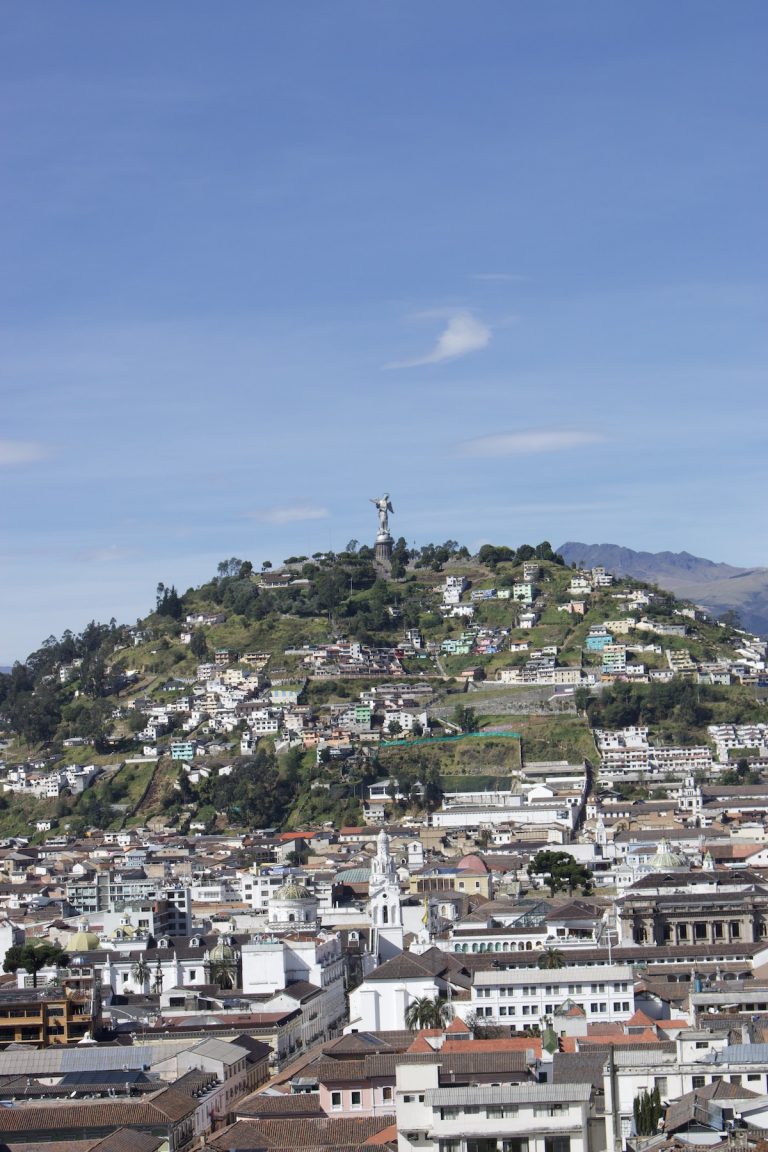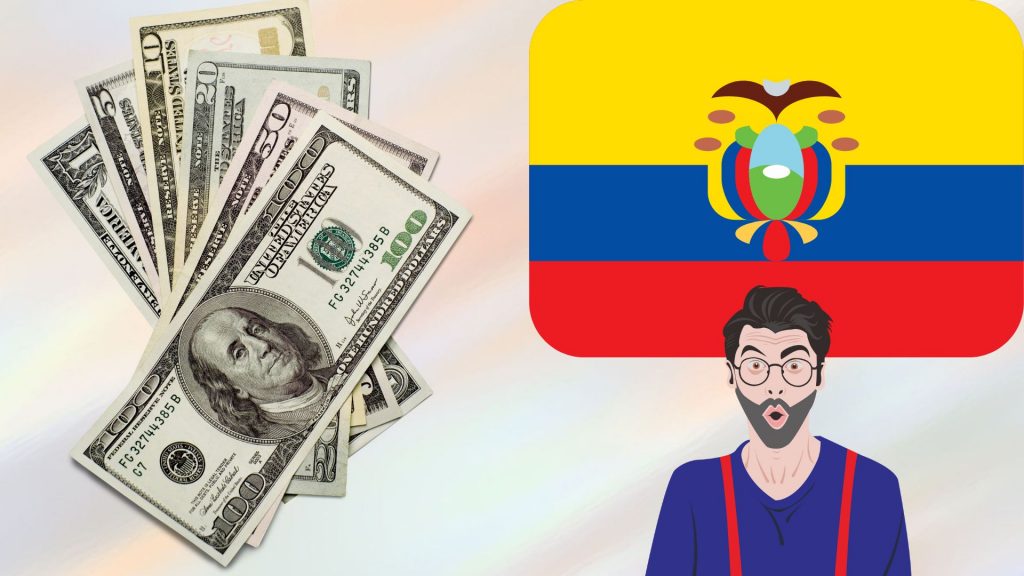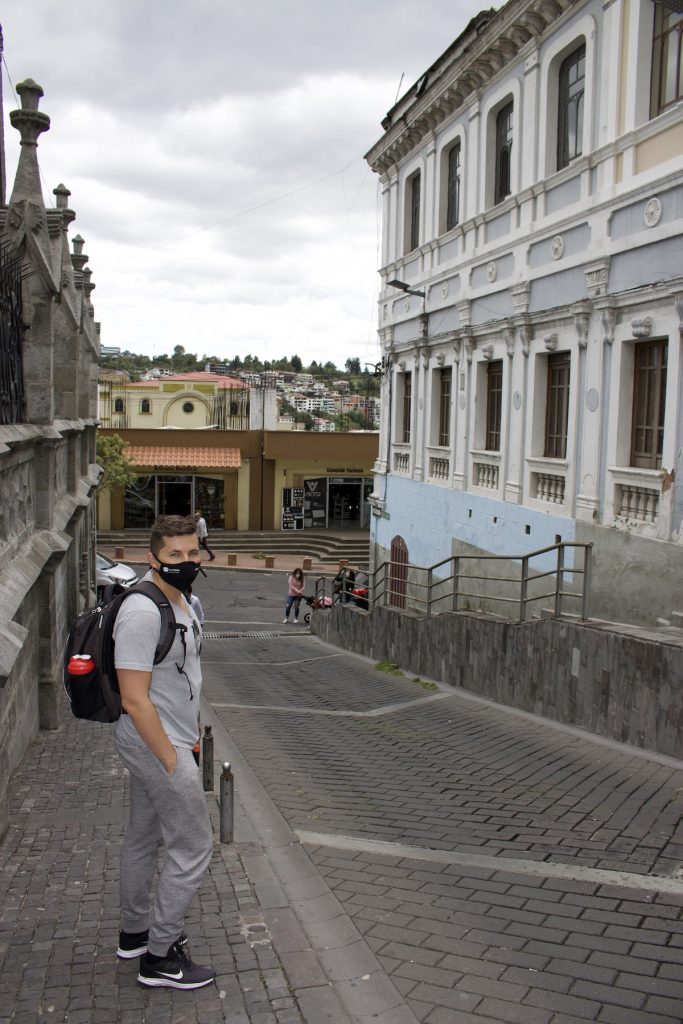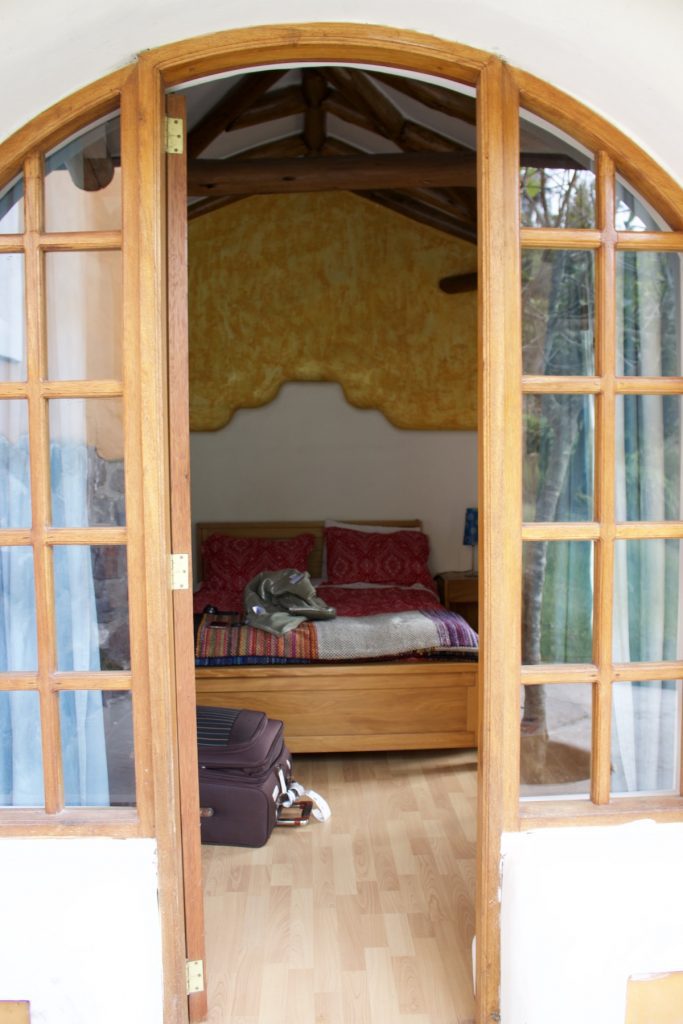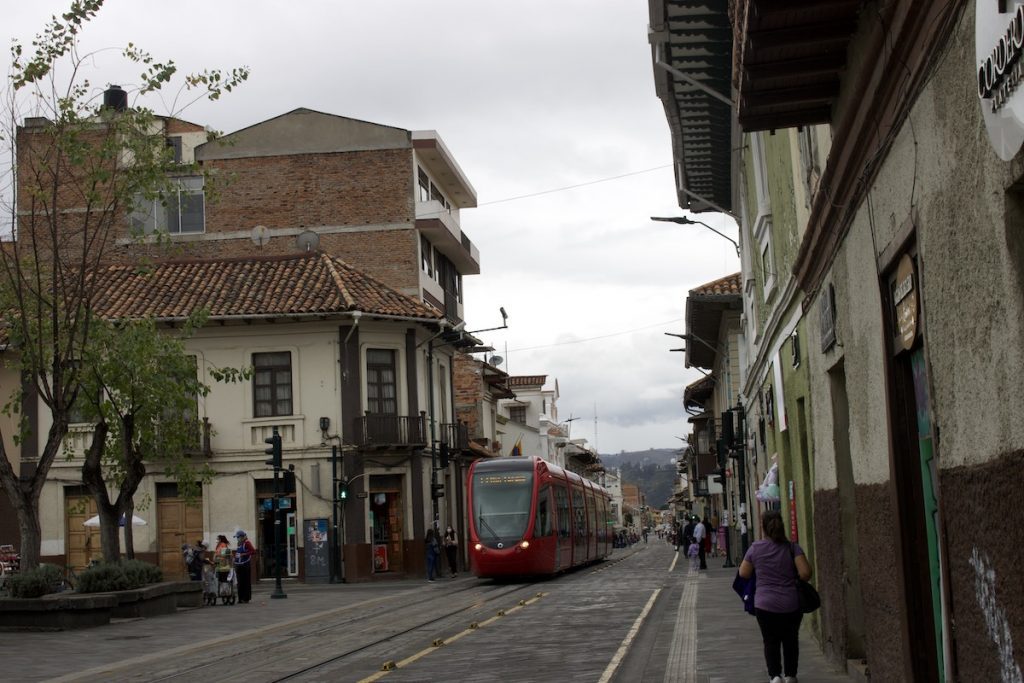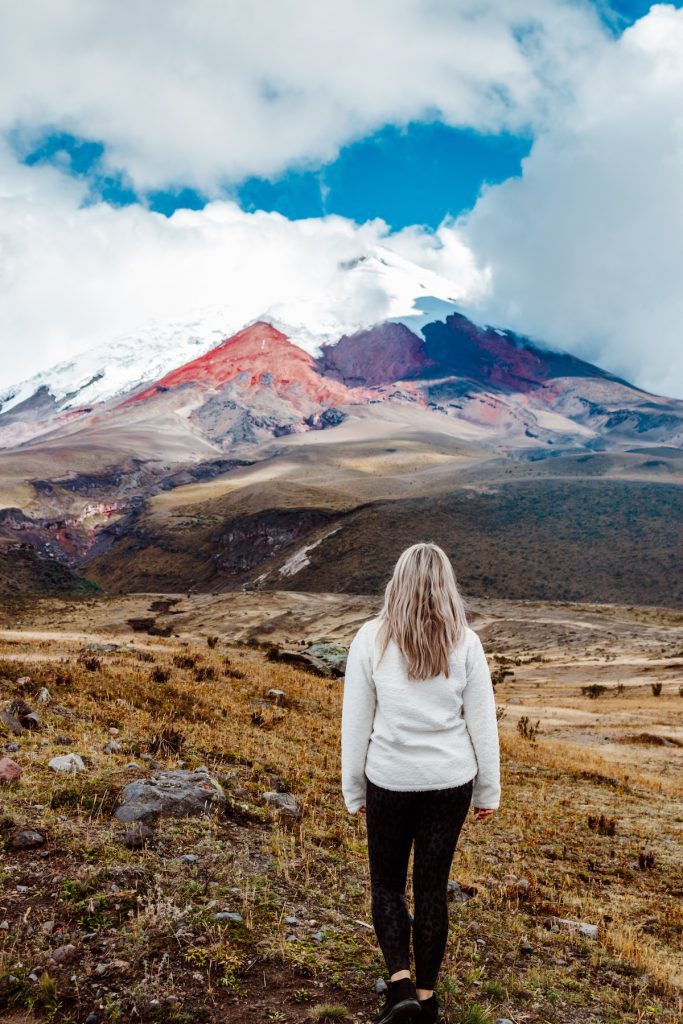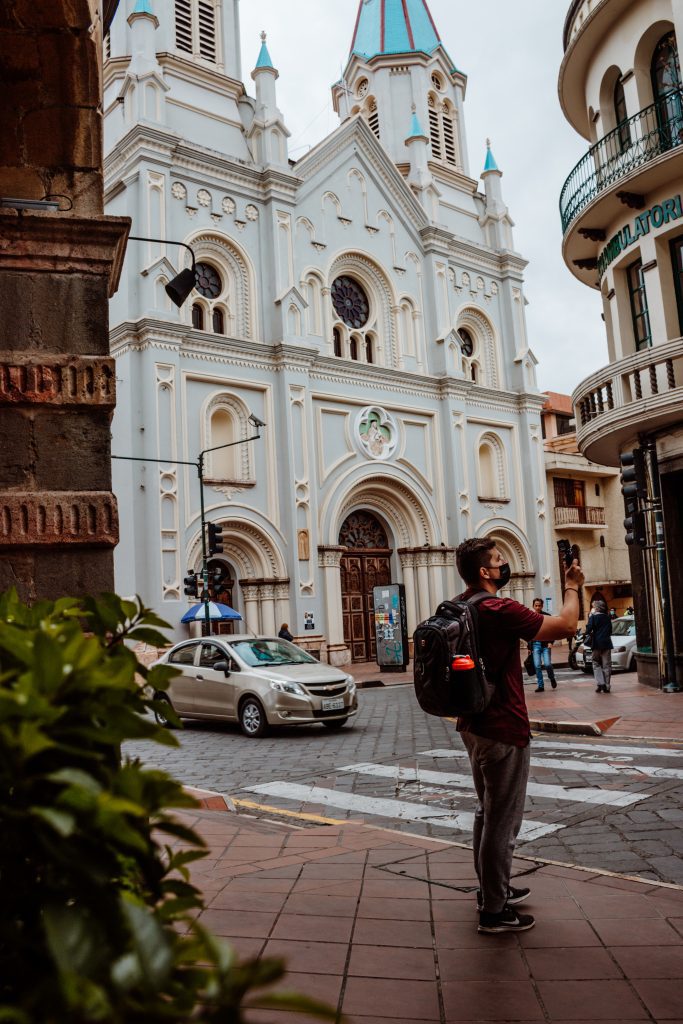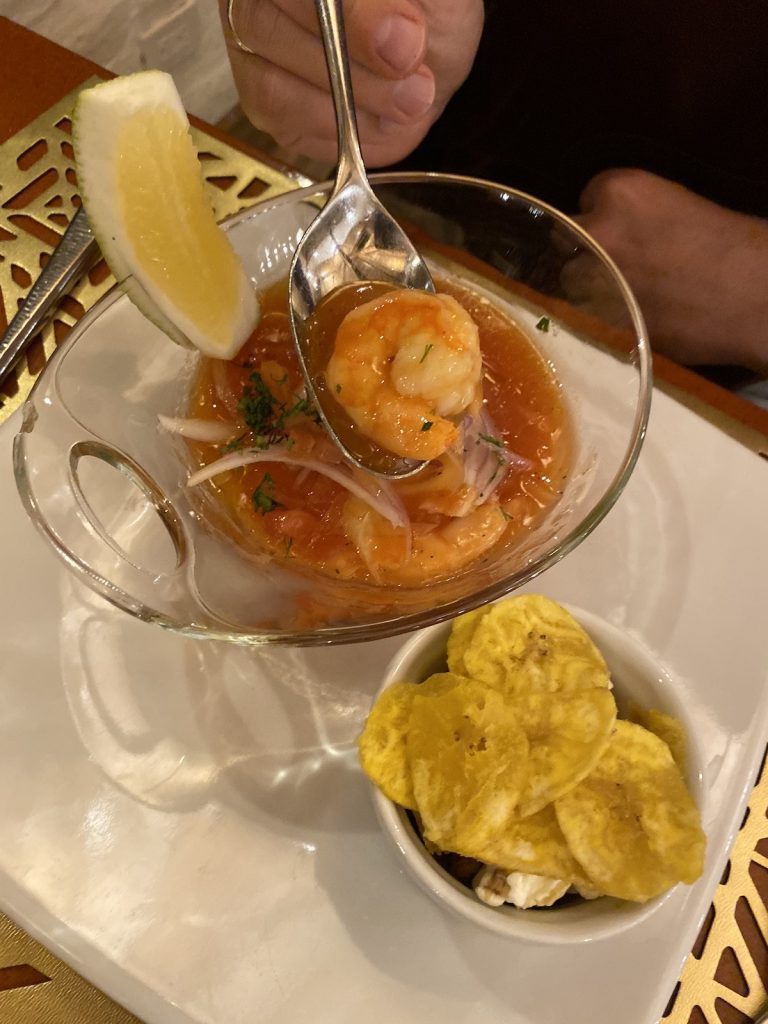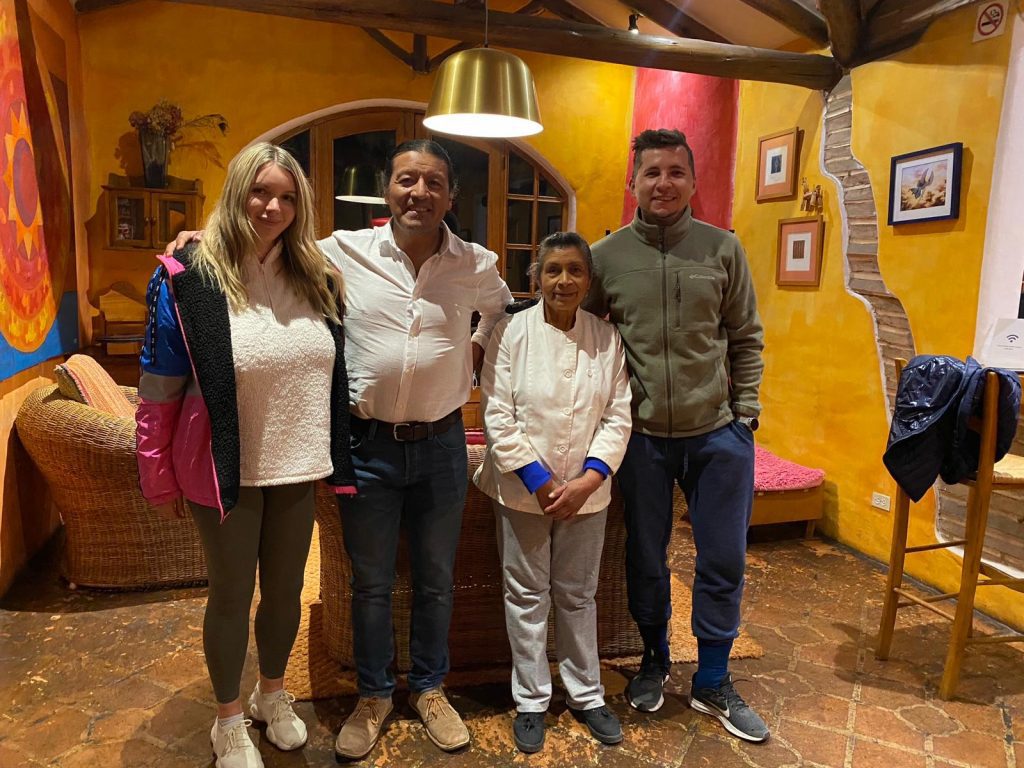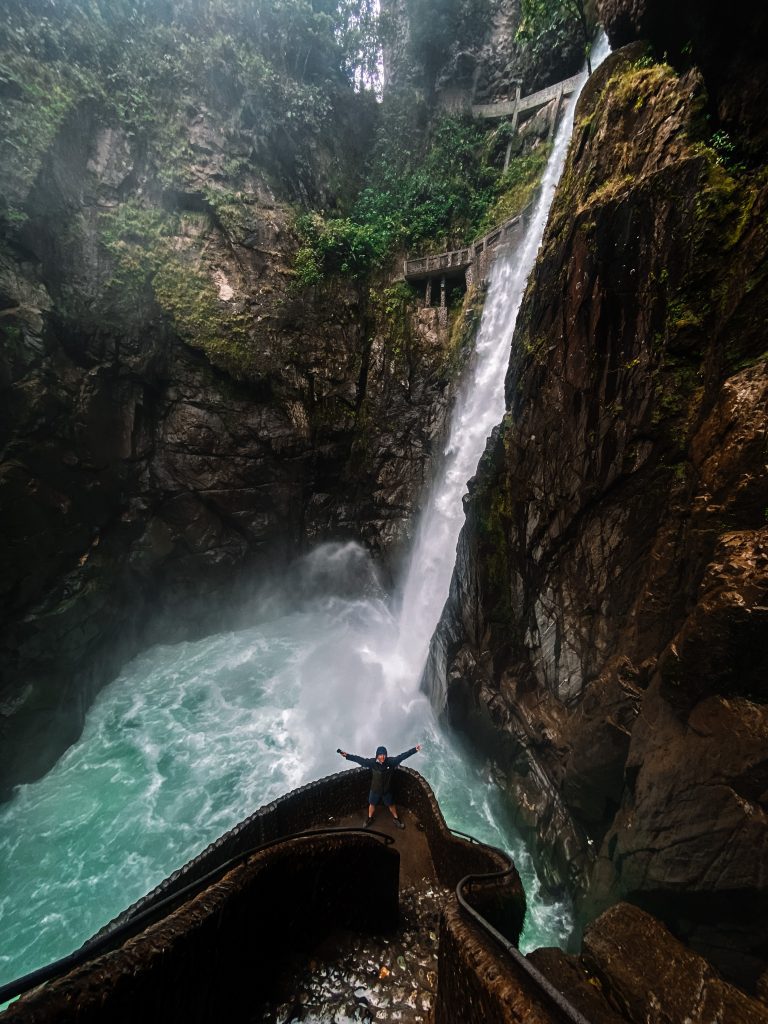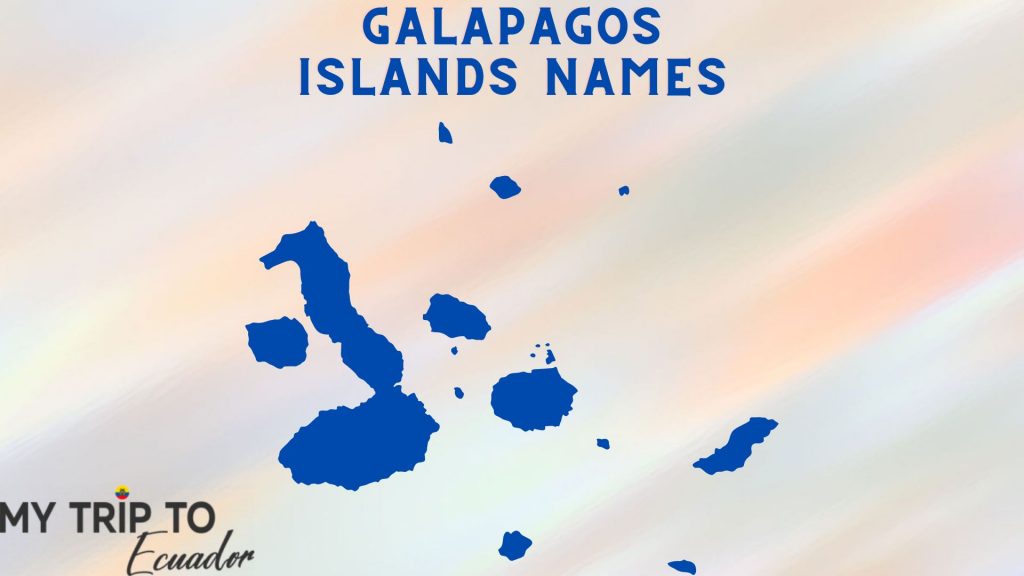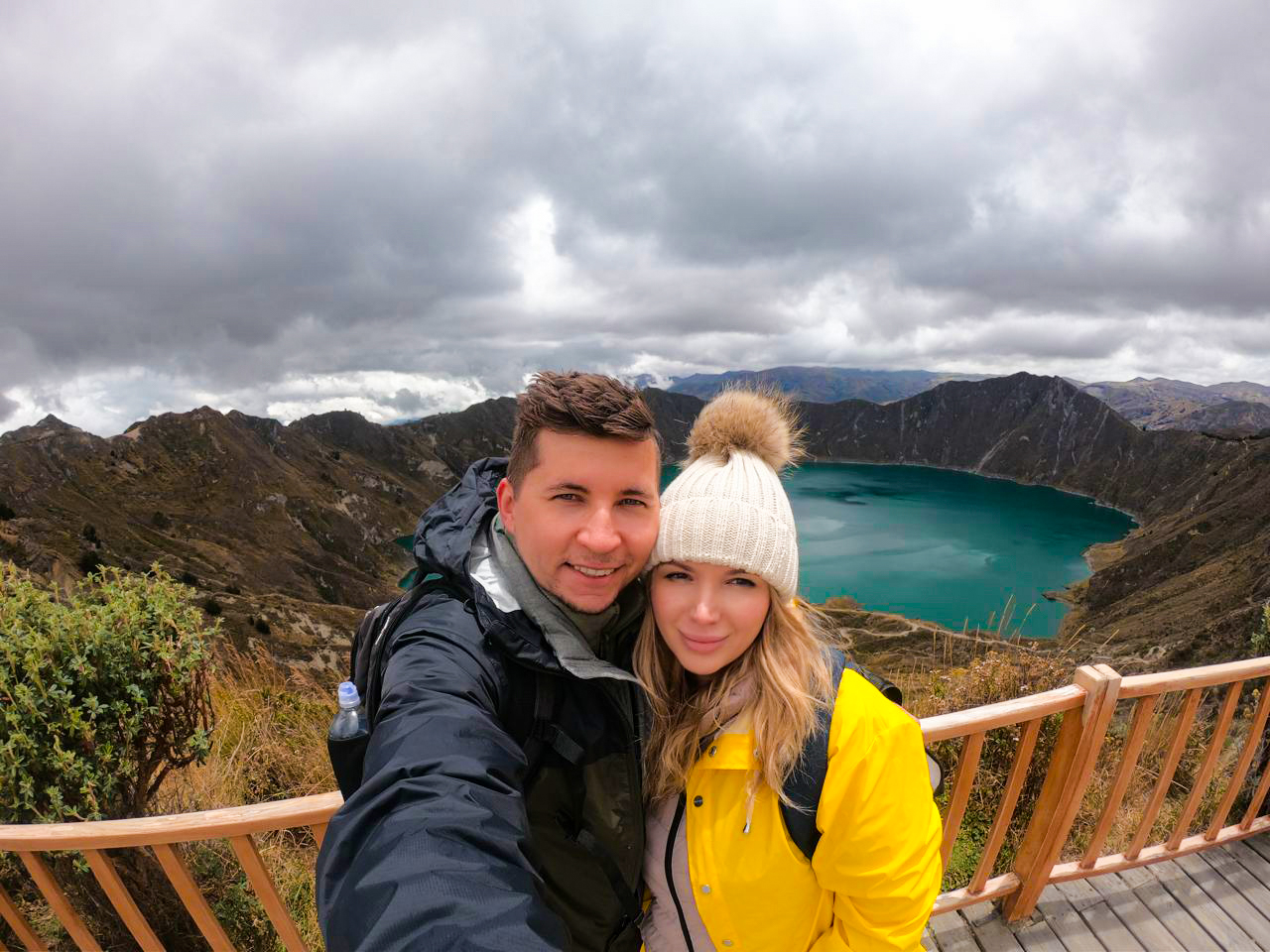Ecuador truly has so much to offer, from its natural diversity to the relaxed, welcoming vibe that many ex-pats appreciate. Whether you’re drawn to the warmth of the coastal areas or the cool tranquility of the Andean highlands, Ecuador has something unique for everyone.
During our travels, we met several ex-pats living across Ecuador’s different regions—each had stories about how Ecuador’s friendly communities, affordability, and vibrant culture made it the perfect place to settle down. Through these encounters, we gathered insights into their experiences, lifestyles, and advice for anyone considering a move to Ecuador. In this guide, we’ll share what we learned to give you a clearer picture of life in Ecuador as an ex-pat.
Considering a move to Ecuador? Let our trusted local partners guide you! Get a FREE personalized consultation to plan your transition seamlessly, from finding the perfect location to navigating local life. Your inquiry supports this blog and local Ecuadorian communities!
Cost of Living in Ecuador
Ecuador’s cost of living is significantly lower than in many countries, making it an appealing choice for ex-pats. Based on what we learned from locals and ex-pats, most can live comfortably on a budget of $1,600 to $2,200 monthly for a couple. This budget covers essential expenses like housing, dining out, entertainment, and public transportation. For retirees with a pension, the residency process is also straightforward, offering flexibility for those settling down long-term.
Public transportation is incredibly affordable at roughly $0.30 per bus trip, while taxis cost between $2 and $5. Cars are less common among ex-pats due to high customs fees on imported American vehicles, and many people rely on local transit.
Breaking down monthly costs, a single person typically spends around $785 on rent, utilities, food, and transportation, while a family of four spends approximately $1,952. Ecuador’s average monthly wage is $536, equating to $6,432 per year. These affordable living costs make Ecuador an attractive destination for those looking to stretch their budget in a beautiful, welcoming environment.
Safety in Ecuador
Ecuador is generally safe, especially compared to other South American nations, but petty crime remains a concern, particularly in larger cities like Quito and Guayaquil. We were advised to stay vigilant in these areas, as muggings and theft are common, especially in crowded tourist spots. After the civil unrest in Guayaquil in 2022, political protests led to increased criminal activity, impacting the city’s safety.
For added security, I’d recommend keeping a copy of your passport with you while storing the original safely, avoiding walking alone at night, and carrying only the cash you’ll need. We also learned to stay mindful of motorcycle thefts, which are more common in busy areas.
It’s also wise to avoid traveling near Ecuador’s northern border with Colombia, where organized crime and drug trafficking rates are higher. For those interested in more details on safety tips, feel free to check out my in-depth guide on staying safe in Ecuador.
Finding A Home in Ecuador
If you’re considering renting property in Ecuador, it’s common to see signs posted outside properties with “se alquila” or “se arrienda,” meaning “for rent.” Since Spanish is the primary language, you might want a translator’s help if you’re not fluent, especially when renting directly from property owners.
When it comes to buying property, Ecuador allows foreign nationals to own land. However, for properties within 50 kilometers of the border or coastline, legal approval is required. An ex-pat we met told us he spent just over $25,000 on a home, which not only met the requirements for a resident visa but also allowed him to apply for citizenship after four years. This path to residency does depend on meeting all necessary criteria, so it’s worth consulting a local expert.
For rentals, ex-pats we spoke with mentioned an average monthly rent of $366 for a one-bedroom apartment in a city center, while outside the city, you could find similar apartments for about $250. Buying property varies widely, too, with prices starting around $1,000 per square meter, depending on the location.
Healthcare in Ecuador
Ecuador’s healthcare system offers solid support, especially in urban centers, which is why many ex-pats we met choose to live in cities. In these areas, both public and private healthcare services are readily available. Public hospitals provide free medical services, while private care varies in cost but is generally more accessible.
Ex-pats in Ecuador, like all foreign nationals, must have comprehensive medical insurance. Healthcare is overseen by the Ministry of Public Health through the Sistema Nacional de Salud, which manages a network of hospitals and health centers. While healthcare in cities is quite reliable, rural areas may lack adequate facilities, making urban living a more popular choice for those wanting consistent access to medical care.
Education in Ecuador
In Ecuador, education for young children begins early, with pre-primary schools welcoming pupils as young as four, while nurseries are available for toddlers starting at two. Primary education kicks off at six years old, covering first to sixth grade, ending when children are around twelve. Secondary school then follows a structured path, divided into two phases over six years: the basic and varied cycles.
Education in Ecuador is compulsory from ages six to fourteen, though students have the option to continue studying beyond these years. Many ex-pat families we spoke with prefer private schools, where tuition generally ranges from $50 to $200 per month. For those planning on university studies, tuition costs can vary between $800 and $1,500 per semester (typically 15 to 18 weeks), depending on the institution and program.
Climate in Ecuador
Ecuador’s close position to the equator brings a predominantly humid, tropical climate across much of the country, especially along the coast and lowlands. However, the mountain regions enjoy a milder climate due to their altitude, creating a unique contrast. Temperatures in Ecuador typically range between 73 and 79 degrees Fahrenheit, providing a pleasant warmth that varies with the landscape.
The climate here is truly fascinating; for more insights, feel free to explore the full details on Ecuador’s diverse weather patterns in my article on the Ecuadorian climate.
Reasons Why Ex-pats Choose To Live in Ecuador
We have listed the common reasons we hear when we ask ex-pats why they chose to live in Ecuador.
Ecuador’s Natural Beauty
Plan perfect trip to Ecuador & Galapagos
I spent countless hours researching everything about traveling to Ecuador, and I created this blog for fellow travel enthusiasts who want the best, most reliable information. But if you want to save time, we’ve partnered with the top local agency to plan your dream trip.
Ecuador’s diverse wildlife, breathtaking landscapes, and temperate climate have enriched our quality of life in ways we hadn’t imagined. My wife and I are constantly amazed by Ecuador’s natural treasures, from the lush Amazon Rainforest to the otherworldly Galápagos Islands. These UNESCO World Heritage sites truly feel like nature’s masterpieces, and it’s humbling to have them so close by.
Living here feels like a dream come true, with the perfect blend of stunning scenery and year-round mild climate making it easy to settle in. Whether we’re exploring the Amazon or just enjoying the local culture, we’ve found Ecuador offers more than just a new location—it’s a lifestyle that brings excitement and fulfillment every day.
Ecuador’s Unique Customs and Traditions
Ecuador’s dedication to tradition adds such a rich layer to everyday life here. In bustling cities like Guayaquil and Quito, we can feel the blend of old and new. Despite their growth, they’ve managed to hold onto their cultural roots, with historic centers that are both lively and timeless.
Family gatherings and religious celebrations are central to social life here, and we’ve been lucky to experience a few—each one filled with parades, traditional foods, and music. The atmosphere is so welcoming, and we’ve always felt encouraged to join in the dance and festivities.
While the nightlife is buzzing in bigger cities, things are quieter in the small towns, bringing a peaceful balance to the energy of city life. Even though Spanish is the official language, we’ve found connecting with Ecuadorians surprisingly easy, as English is commonly spoken due to the strong tourism presence here. It’s truly an inviting place for anyone wanting to immerse themselves in Ecuadorian culture.
Low Cost of Living in Ecuador
For ex-pats, Ecuador offers a pretty affordable lifestyle, with housing, transportation, and daily amenities costing significantly less than in many other countries. Ecuador even ranked third in the Ex-pat Insider 2019 Cost of Living Index, which aligns with our experience here—it’s one of the easiest places to feel financially secure. I read that about 78% of ex-pats feel good about their financial situation, and we’ve definitely felt that ease as well.
Though gas prices are higher, public transportation and taxis are cheap and reliable, making car ownership unnecessary. And since Ecuador uses the US dollar, it’s a big plus for Americans like us, as we don’t have to worry about currency exchange fees.
Ecuador’s Proximity to the US
Many US retirees find settling in Ecuador appealing, partly because it’s so convenient to fly back to the States whenever they need. Flights to the US are easily available from Ecuador’s main airports in Quito and Guayaquil, and with smaller airports in other cities, connecting to major flights is pretty straightforward. This accessibility adds a reassuring layer of convenience for those of us who want to feel close to home while enjoying Ecuador’s lifestyle.
Internet Services in Ecuador
Ecuador truly caters to digital nomads, with internet access easy to find across the country and setup options that are straightforward. There are plenty of internet providers to choose from, so you can find one that fits your work style and budget.
Outside of home setups, I found it easy to connect in most cafés, malls, airports, and hotels, especially in the larger cities. For those of us who rely on mobile data, coverage is great in urban areas, though it may get spotty in high-altitude or remote locations. For any nomad looking to stay connected, Ecuador has options covered.
Ecuador’s Warm and Welcoming Locals
Ecuadorians are genuinely some of the warmest and most welcoming people I’ve met. Their friendliness creates such a comfortable environment that I can see why so many foreigners choose to make Ecuador their home. The locals are also known for their optimism and generosity, which makes interactions here feel like you’re among friends rather than strangers. It’s this openness and positivity that truly makes Ecuador feel special.
Ecuador’s Diverse Population
Though Ecuador may not be as internationally renowned as ex-pat destinations like Singapore or the UAE, it’s increasingly becoming a top choice for people looking to relocate. We’ve seen a steady increase in the ex-pat population here, and the country’s charm, welcoming culture, and beautiful landscapes make it easy to understand why. Ecuador’s blend of affordability, natural beauty, and warm community spirit continues to attract people from all over the world.
Dreaming of a new life in Ecuador? Take the first step with expert advice tailored to your needs. Get a FREE consultation to explore the best places to live, cost-saving tips, and insider insights. Supporting this blog means helping local communities too!
Ecuador’s Variety of Activities
Ecuador’s varied landscapes offer something for everyone, from thrill-seekers to those looking for a more relaxed experience. Many ex-pats we met were drawn to the highlands for adrenaline-packed activities like kayaking, mountain climbing, and biking, especially around the region’s active volcanoes. For those of us who appreciate a laid-back vibe, Ecuador’s coast is ideal. Its vibrant marine life, untouched by industrial activity, makes it a paradise for whale watching and scuba diving.
The beaches are a highlight, with their stunning beauty rivaling that of the Caribbean. Whether you’re into adventure or relaxation, Ecuador’s diversity makes it a place that quickly feels like home.
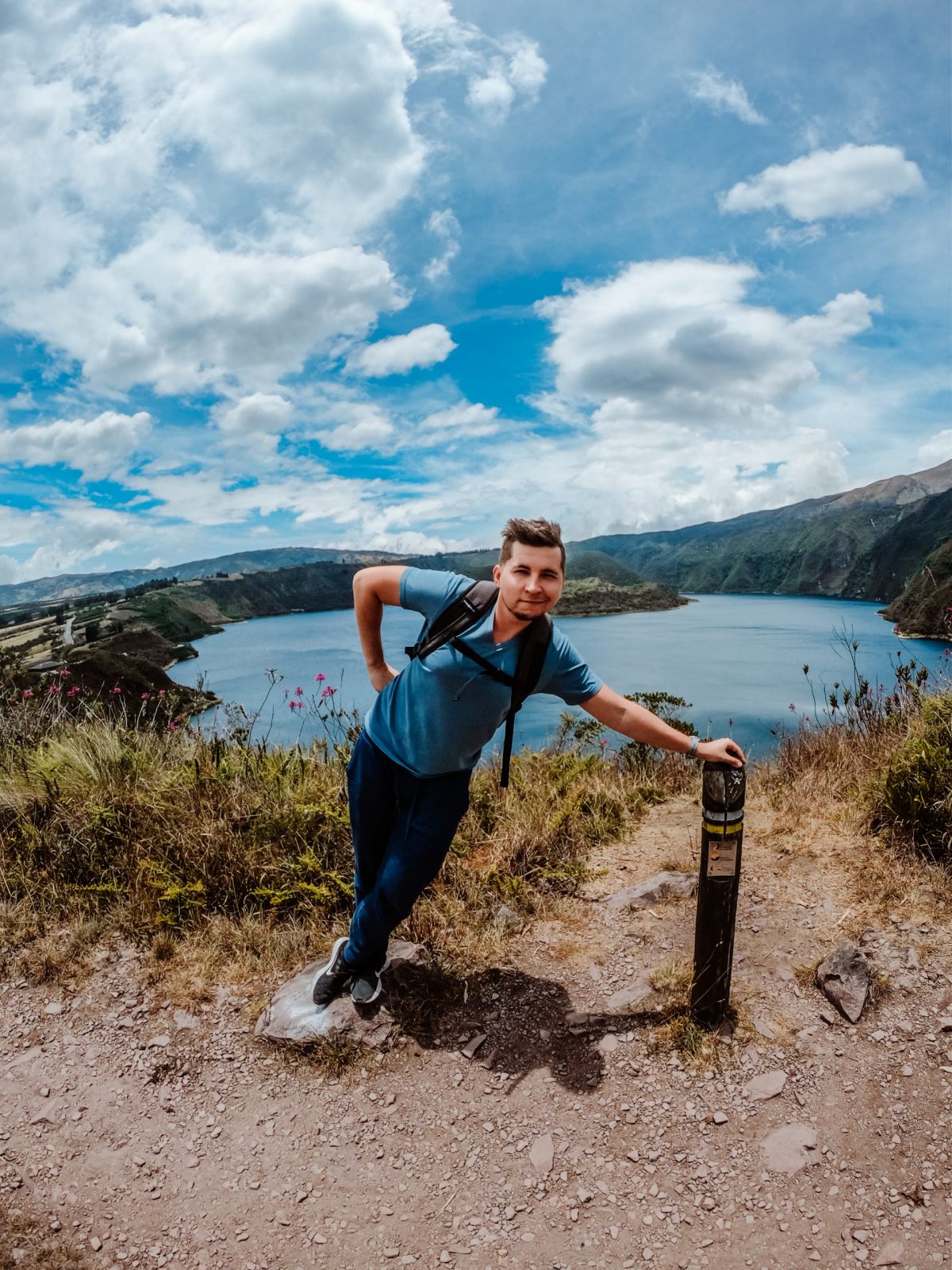
Planning trip to Ecuador?
My wife and I rented a car for 15 days and traveled from the northern part of Ecuador to the south, visiting amazing cities like Quito, Otavalo, Baños, Cuenca, and Guayaquil. Along the way, we explored iconic places such as Cotopaxi National Park, Quilotoa Lake, and many more breathtaking destinations.
Not many blogs cover traveling in Ecuador in detail, so I spent nearly three weeks creating this comprehensive Ecuador travel guide based on our trip. It’s packed with everything you need to know, and honestly, I consider it the best free travel guide about Ecuador out there.
If you’re planning a trip to Ecuador, don’t forget to use my link for discounted hotel prices through Booking.com. It’s a great way to support my blog while saving money on your accommodations!
Conclusion
In our chats with people who’ve settled in Ecuador, the main attractions that drew them here were the promise of a better quality of life, the incredible scenery, the affordable cost of living, and the welcoming nature of the locals. While you might think cultural differences could make integration challenging, most ex-pats told us they felt right at home.
Ecuador has really become a popular retirement spot globally, thanks in large part to its rich culture and ease of integration. Spanish is the official language, but plenty of Ecuadorians speak English, making life simpler—you don’t need to be fluent to get by, although you’ll likely pick up some handy Spanish phrases over time.
The language factor alone eases the relocation process, helping new arrivals settle in faster. With so much to offer, Ecuador has rightly earned its place as a top choice for ex-pats, whether they’re retiring, studying, or just looking to experience life in a beautiful and friendly place.

